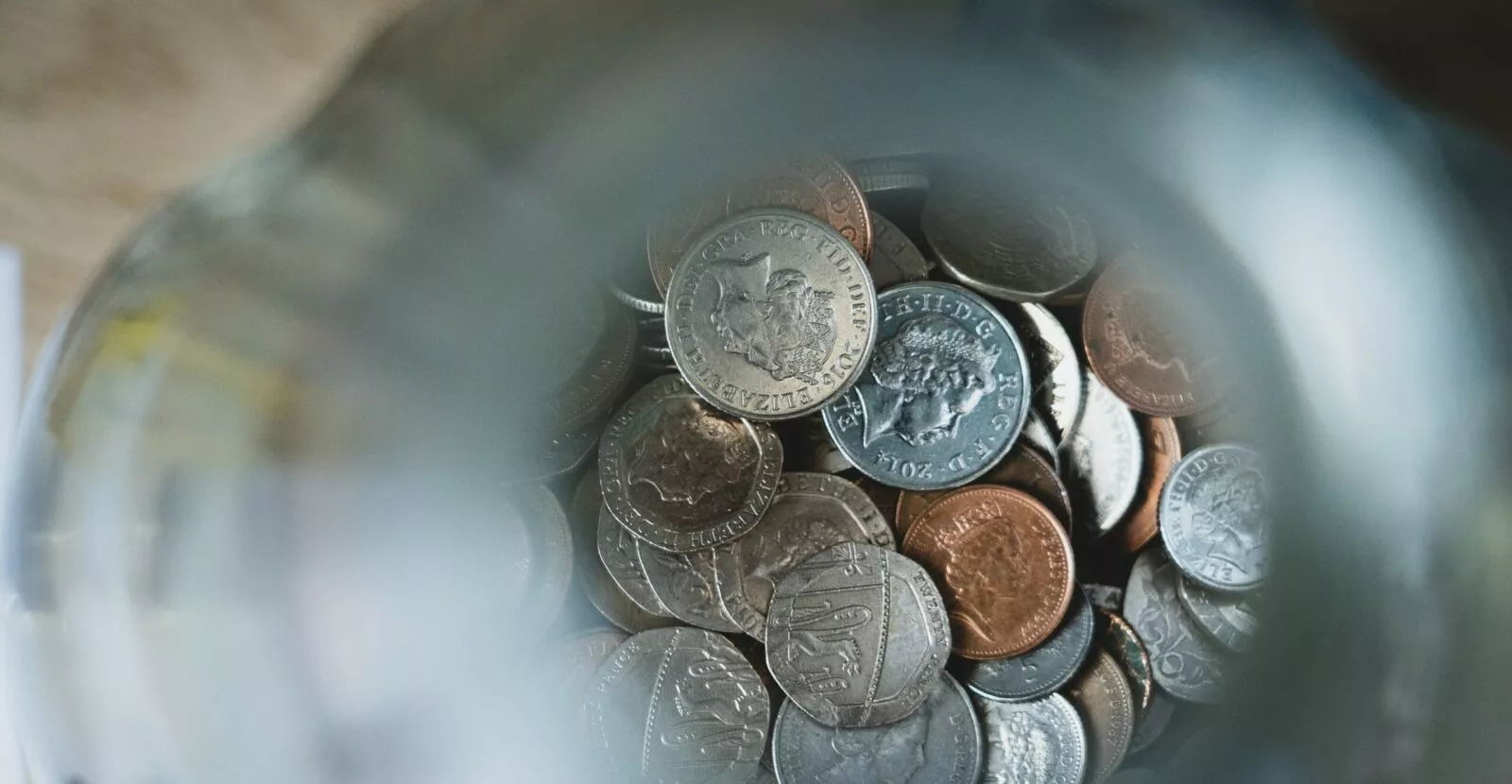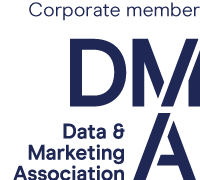Since the latest economic downturn (evidently, we can't call it a recession!), we’ve been getting lots of calls from businesses who've landed themselves in tricky situations by buying cheap data.
We understand that businesses are always on the lookout for a good deal, but at what cost? Like many things in life, if a deal sounds too good to be true then it probably is.
In this blog, I'm trying to give a bit of insight on the risks your brand could face when buying cheap data, the consequences you could come up against and also why the age-old adage of "buy cheap, buy twice" is always the case when purchasing data.
What’s at risk when you choose "buy cheap, buy twice"?
Imagine handing over a mile-long list of records to your lead generation team, only to find out a few days later that the data is effectively worthless. You might shrug it off as a bad choice, but what about the unseen knock-on effects it’ll have on your team? Business is hard work for many currently. The last thing we need is to create potential rifts between teams, decreased sales, diminished leads and reduced morale, as a result of cutting corners on data.
Would you expect that a Rolex you bought in a pub for £50 will be genuine? We’re guessing not, so why did 50,000 email addresses for £500 seem like a good idea? We could blame it on impaired judgment in both instances – but the difference is – your entire brand is not at risk when you slide over a red note at the bar.
Stress test potential suppliers. The classic red flags include no phone number, no trading history, not a DMA member, buy now on Paypal, no listed guarantees, no Ts&Cs. GDPR helped, but it did not eradicate non-compliant suppliers, it just made the goalposts a bit smaller
Ok, so how much should I be spending on my data?
This is a question I am often asked, and the reply? "How long is a piece of string?". This isn't just a throwaway comment despite what people may think, it all depends on what it is you are looking for.
As a list broker, we work with dozens of list suppliers. The data we provide can range from £100 per 1000 to up to £1000 per 1000. I liken data to coffee. How much coffee can you get for a tenner? At a budget supermarket, probably 5-6 jars. Do you expect the finest quality and taste? No, but it is still classed as coffee.
If you want pods for your posh coffee machine, you’ll get about 30 for your £10 note. Of course, you’ll expect a more premium coffee as a result. And finally, if you’re in one of those trendy coffee shops where your thimble-sized cortado comes on a wooden board, you may only get 2 or 3 coffees for a £10 bill. Naturally, you'd expect the best coffee you've ever tasted in your life.
Well how can Databroker help?
We all want the best available product for the fairest cost, that's where we come in. Databroker scours the market for quality providers, offering guaranteed accuracy and unrivalled compliance. Using our supplier relationships, we can negotiate the best rates on your behalf. Our services are also free. Working on commission given by the data suppliers, which means you get our expert advice, experience and graft for zip, nada, zilch!
If you’re ready to buy genuine, high-quality data that will provide you with the resources you need to start making more money (without landing you in any hot water) – we’re here and keen to chat. Get in touch with us today by filling out this form, reach us on 0161 941 5700 or email us at hello@data-broker.co.uk






